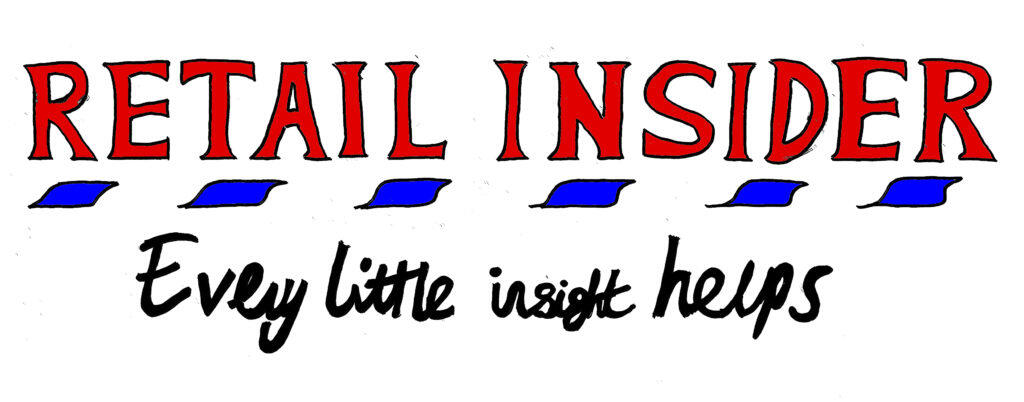Sustainability Focus: Reverse vending machines
Welcome to our brand new section of the site which is going to focus on the sustainable side of retail. It’s exciting times for anyone involved in this area as technology and retailers try to keep up with customers’ demand for all things ethical. From palm oil to fur farms, fast fashion to one use plastic, excess packaging to food waste – this is where the real action is.
In a nutshell: Reverse vending machines were the talk of the town last summer as a flurry of the biggest supermarkets in Britain launched their own drinks container trials in selected stores up and down the country to see if the public took to the idea.
According to the government, which has just launched a consultation to run until mid-May on the subject of a national deposit return scheme for drinks containers in England, Wales and Northern Ireland, UK consumers go through 14 billion plastic drinks bottles a year, of which shockingly only half are recycled. Another nine billion drinks cans are used while glass bottles total five billion.
One of the first off the mark was Iceland, which installed the UK’s first reverse vending machine (RVM) in May 2018 in Fulham, South London. Users were able to load in any Iceland plastic bottle and received a 10p voucher to spend in store as the reward. That trial was also then extended to several others stores and its head office in Deeside.
Shortly afterwards Morrison’s followed suit in two stores – one in Skipton and the other in East Kilbride. This scheme rewarded the consumer with loyalty points and accepted all plastic bottles with a barcode and Morrison’s own brand bottles either with or without a barcode. Users were limited to returning 20 bottles a day and for each bottle returned received 100 Morrison’s More points in coupon form to be spent in-store.
And then in September, Tesco joined the party with the biggest roll-out of all with stores in Borehamwood, Birmingham, Swansea, Edinburgh and Manchester all taking part. Also offering a charity donation or points reward, Tesco issued a maximum return per day of 10 bottles and allowed bottles up to 750ml.
Cut to this spring and a new variant of the scheme was launched in the King’s Cross development Granary Square where waste company Veolia and food company Leon teamed up to offer a 10% discount voucher for the chain for every can or bottle deposited. This machine also took containers of up to 750ml to target the ‘recycling on the go’ problem of people just throwing away their drinks containers rather than taking them home to recycle with the weekly collection.
And as the results from the various trials come in, it shows that so far people are very, very keen to recycle wherever they are. The Iceland scheme reported that more than 300,000 containers had been returned in the first trial period meaning that £30,000 worth of coupons have been issued – on average 2.5k+ bottles were handed in every day. The company has extended its scheme for another six months and will report again after that. A spokesperson for Iceland confirmed that the trial has also been extended to Northern Ireland with a machine installed in the Belfast area in January 2019. Tesco also reported successful results and increased the bottle size it accepted up to three litres as it revealed 100,000 containers had passed through its trial vending machines.
Most positively it seems that children are leading the charge on this. Consumer interviews done by Iceland showed that the pressure and education to recycle one-use plastic comes from the younger generation who urge their parents to use the machines.
It will be interesting to see if the much more recent Leon/Veolia iteration, which rewards the customer in a slightly different way will be as successful as the more standardised versions which focus more on in-store recycling/rewards. But perhaps the biggest test of all will be to see if any national scheme creates widespread consumer confusion around the country – as household recycling has done.




